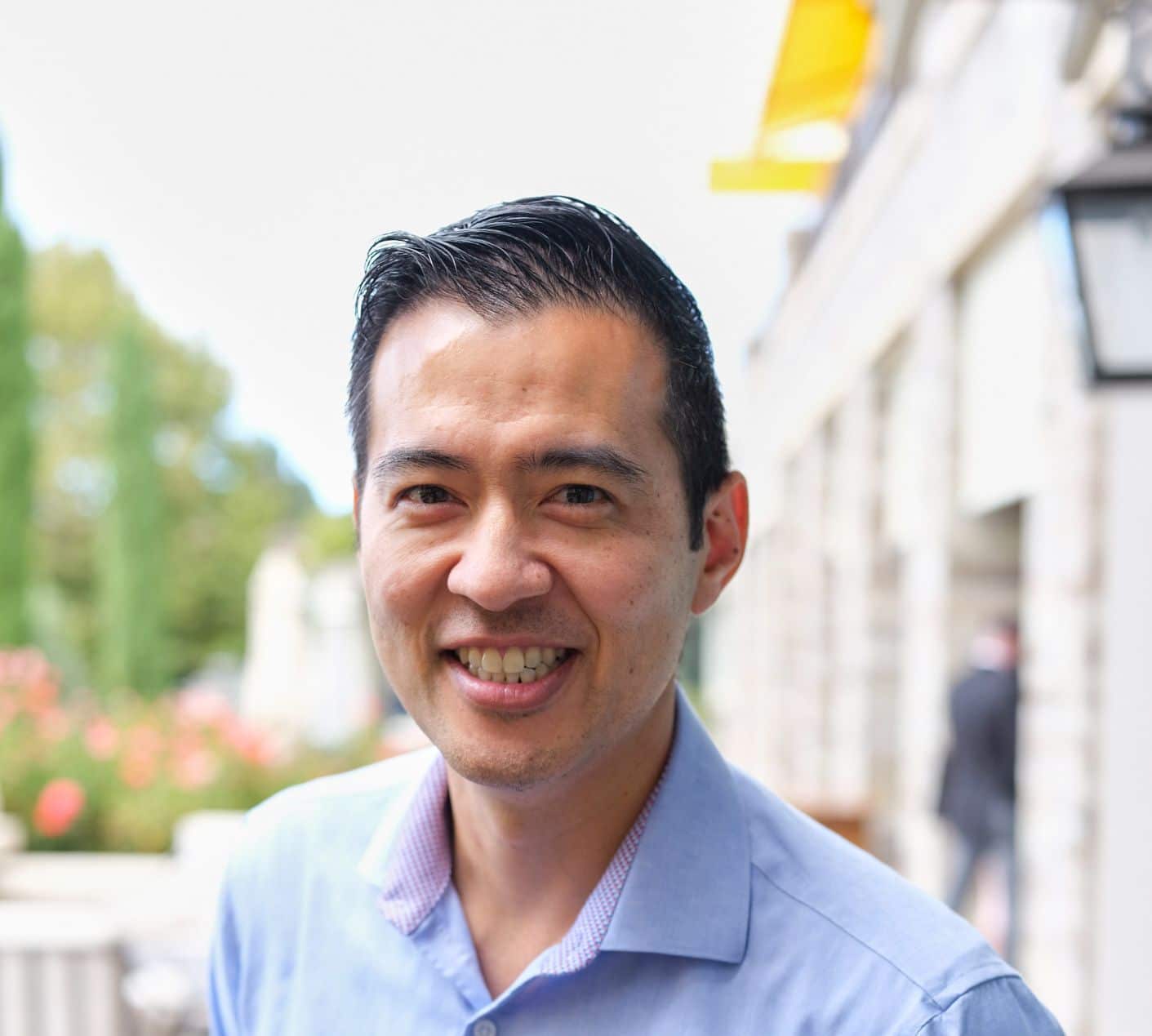Robert T Chang, MD
Associate Professor of Ophthalmology Stanford University
Dr. Robert T Chang is a board-certified, fellowship-trained refractive cataract and glaucoma specialist working at Stanford since 2009. He focuses on premium lenses (Panoptix and Vivity) as well as minimally invasive glaucoma surgery (i.e. Hydrus, OMNI, ECP, KDB, Xen, MP3). His research team harnesses glaucoma insights from big data comprising electronic records, imaging databases, and a growing biorespository. Previously, he helped develop the normative databases for the ubiquitous optical coherence tomography (OCT). Currently he has interest in privacy preserving computational methods, validating predictive analytics, and testing novel portable medical devices for telemedicine. He is formally trained in biodesign (design thinking for medical devices) and process improvement science.

Clinical Expertise
Dr. Chang co-invented the EyeGo Smartphone imaging adapter, which was licensed and commercialized as the Paxos Scope. He co-founded a venture-backed consumer health startup and is scientific advisor to multiple biopharma and med device companies. He has served as Vice President of the Asia Pacific Tele Ophthalmology Society and Medical Director of employer-based optometry services. One of his original contributions is the creation of the digital health design sprint, a week-long, fully immersive, project-based learning experience to help doctors, engineers, and business experts be more aware of the challenges in starting a healthcare company.
Educations
Dr. Chang received his MD from the combined BA/MD program at the University of Missouri, Kansas City School of Medicine. He completed his residency at the prestigious Washington University in St. Louis, followed by a research and clinical glaucoma fellowship at the renowned Bascom Palmer Eye Institute in Miami, where he was a Heed fellow. He has published over 65 peer-reviewed papers, delivered several hundred invited national and international lectures, and holds multiple patents.
Media
Comparing AI-Generated Answers to Patients’ Eye Care Questions With Ophthalmologists’ Responses
Robert T. Chang, MD, joins Neda Shamie, MD, to discuss a cross-sectional study that assessed the quality of ophthalmology advice generated by a large language model chatbot (ChatGPT, OpenAI) compared to advice written by an ophthalmologist. How did the responses stack up?


